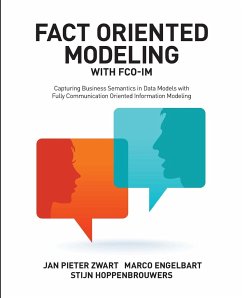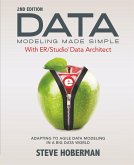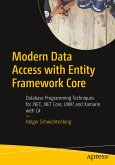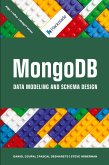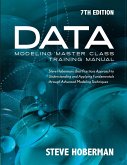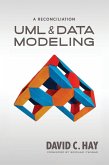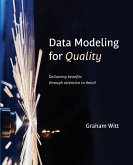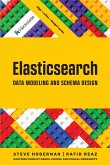This book offers a complete basic course in Fully Communication Oriented Information Modeling (FCO-IM), a Fact Oriented Modeling (FOM) data modeling technique. The book is suitable for self-study by beginner FCO-IM modelers, whether or not experienced in other modeling techniques. An elaborate case study is used as illustration throughout the book. The book also illustrates how data models in other techniques can be derived from an elementary FCO-IM model. The context of fact oriented modeling is given as well, and perspectives on information modeling indicate related areas of application and further reading. Fact Oriented Modeling methods (like FCO-IM) have three major advantages over other data modeling techniques: FCO-IM captures business semantics. The meaning of facts is captured by incorporating into the model expressions of concrete facts in clear sentences, which are understood by both domain experts and information modelers. FCO-IM includes a detailed working procedure that tells you exactly how to make a data model. Many techniques are clear about what is to be modeled, but few offer a detailed set of guidelines and checks that tell you how to draw up, check and validate your model. FCO-IM focuses on elementary facts, avoiding premature clustering of facts (in entities) but also avoiding considering only incomplete fragments of facts (attributes). From an elementary model, data models in other techniques can be automatically derived (ERM, UML, Data Vault, Star Schema, and Relational and NoSQL databases).
Hinweis: Dieser Artikel kann nur an eine deutsche Lieferadresse ausgeliefert werden.
Hinweis: Dieser Artikel kann nur an eine deutsche Lieferadresse ausgeliefert werden.

